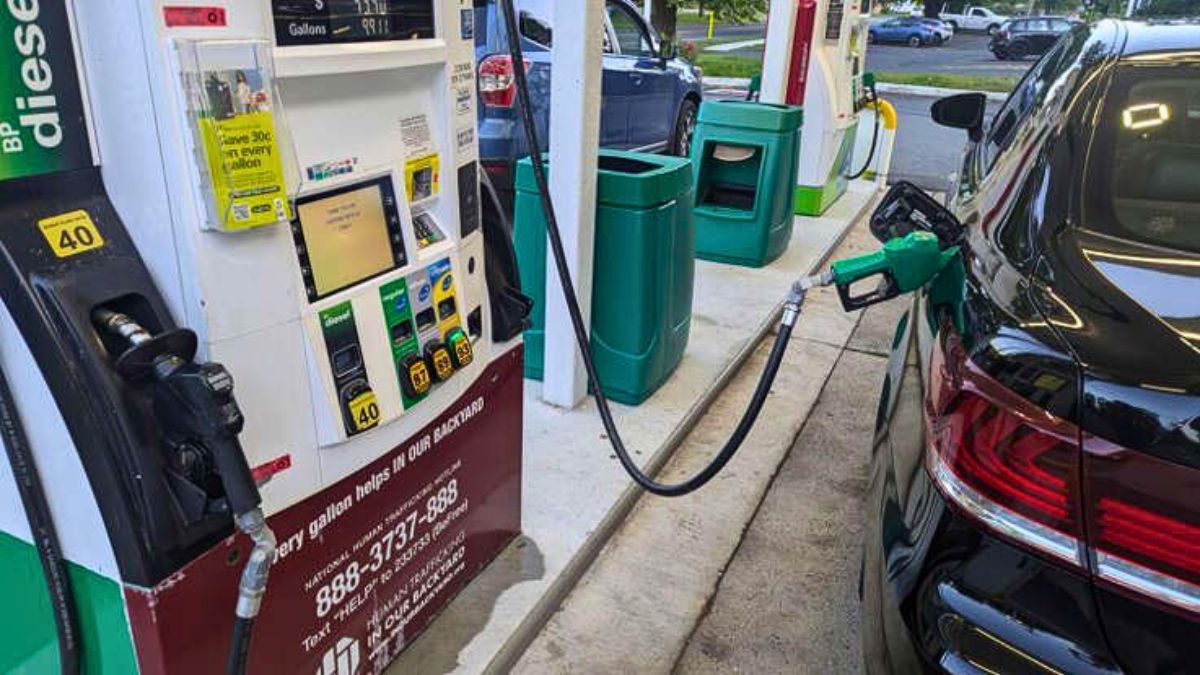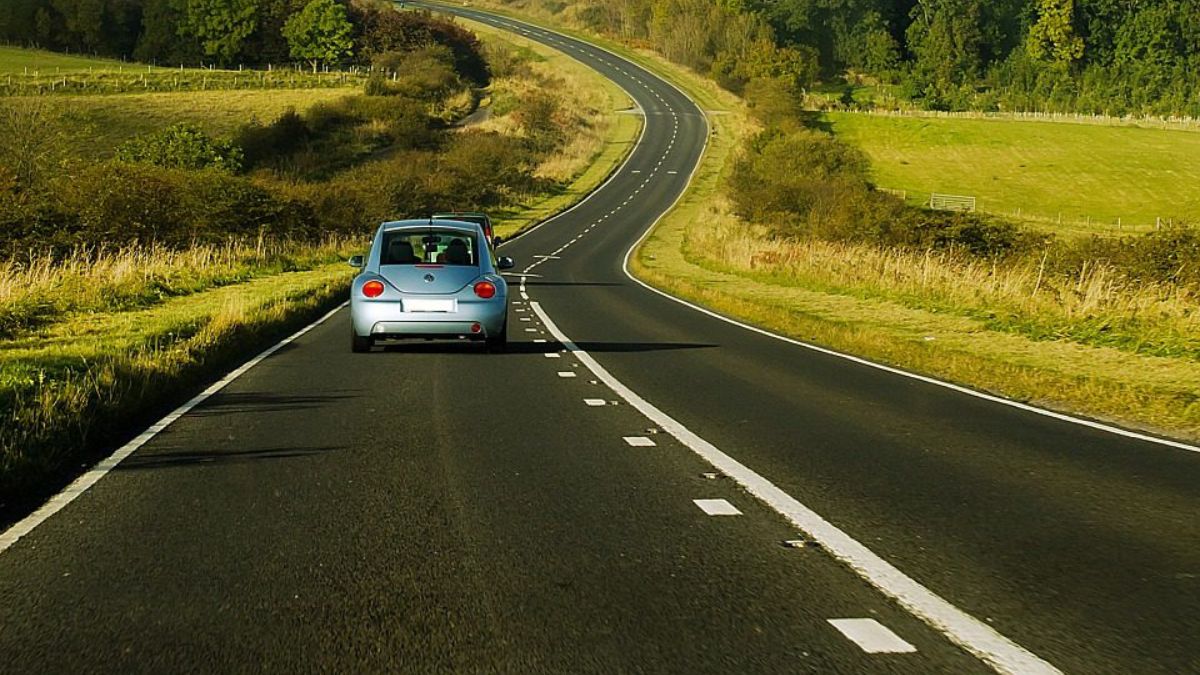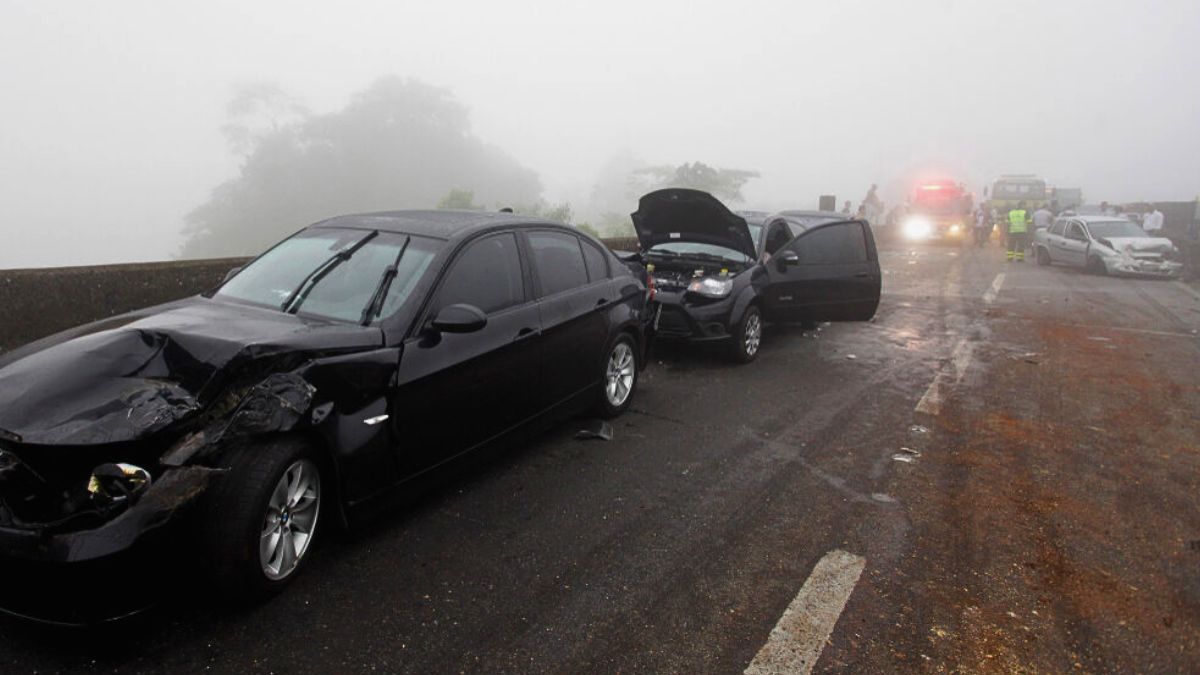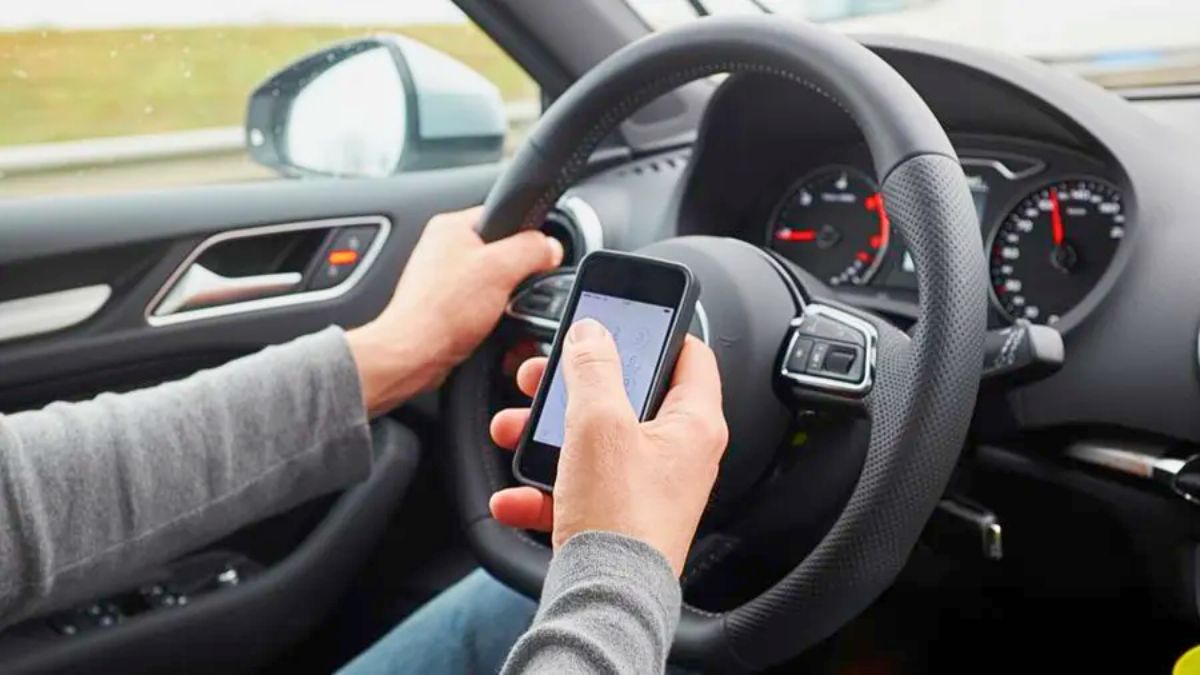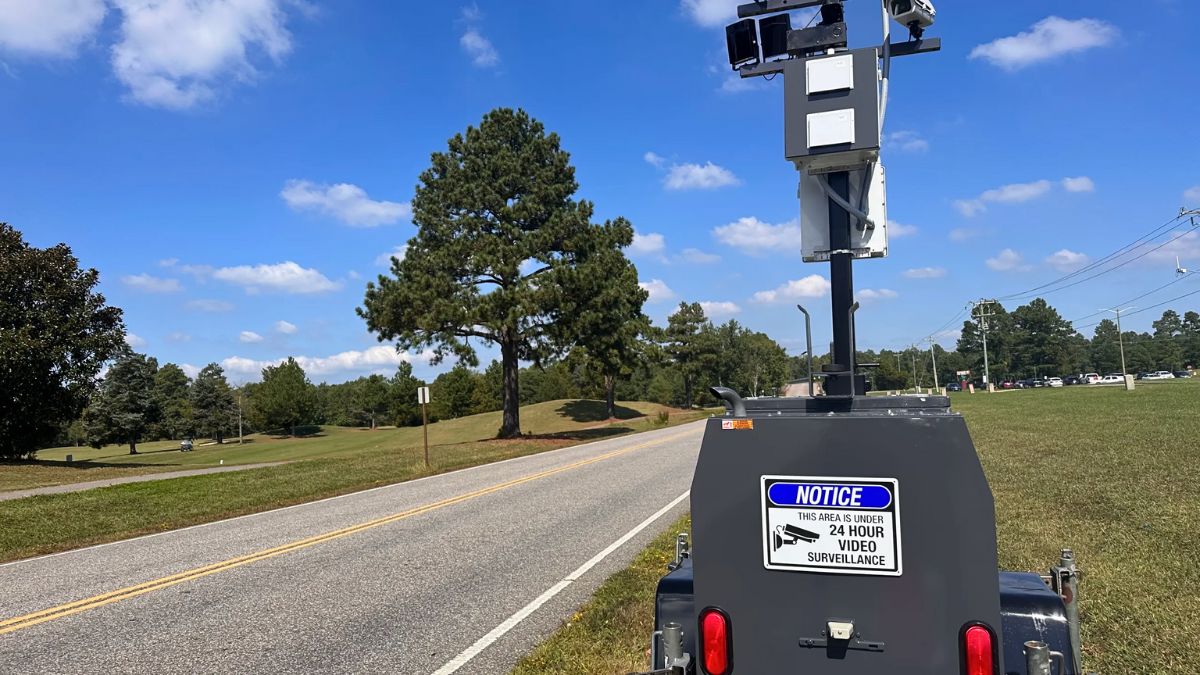With gas prices constantly swinging and fuel economy on everyone’s mind, it’s no surprise that drivers are looking for ways to stretch every gallon. But here’s the thing—some of the most common “fuel-saving tips” you hear around town or on social media are pure myth. If you’re driving in Virginia and want the facts, it’s time to bust these 8 fuel-saving myths once and for all.
Myth #1
Truth: If your car doesn’t require premium fuel, using it won’t help. In fact, you could just be wasting money. Premium fuel is designed for engines with high compression or turbochargers. Using it in a regular engine won’t give you better mileage or performance—just a higher fuel bill.
Myth #2
Virginia winters can be cold, but letting your car idle for 10 minutes before driving isn’t helping your wallet. Modern engines are designed to warm up quickly while driving. Letting your car idle just wastes fuel and pollutes the air more.
Myth #3
This one’s half true. On flat highways like I-95 or I-81, cruise control helps maintain speed and saves fuel. But on Virginia’s hilly backroads or in the Blue Ridge Mountains, cruise control can overcompensate and actually burn more gas.
Myth #4
Running the air conditioning does use energy, but driving with your windows down—especially at highway speeds—creates drag, which also reduces fuel efficiency. In most cases, use the AC on low settings for the best balance.
Myth #5
The idea here is that cooler morning temps make gas denser, giving you more fuel per gallon. Sounds scientific, right? But gasoline is stored underground, where temperature is stable. So whether you pump at 7 a.m. or 5 p.m., you’re getting the same energy content.
Myth #6
Actually, most modern engines use less fuel when coasting in gear because the fuel injectors shut off. Plus, coasting in neutral reduces control, especially downhill—which isn’t ideal on Virginia’s winding roads.
Myth #7
Octane rating doesn’t mean “power.” It simply measures the fuel’s resistance to knock. Unless your car manual says it needs premium, regular is perfectly fine and won’t reduce fuel economy or performance.
Myth #8
Most over-the-counter fuel additives do very little to increase mileage. Some may help clean injectors, but don’t expect a miracle at the pump. Save your money and stick with name-brand gasoline for consistent performance.
Here’s a quick summary of busted myths:
| Myth | Truth |
|---|---|
| Premium fuel improves MPG | Not unless your car requires it |
| Warm-up saves fuel | Idling just wastes gas |
| Cruise control always helps | Not on hilly roads |
| No AC = better MPG | Window drag can cancel out savings |
| Morning fill-up gives more | Underground tanks stay the same temperature |
| Coasting in neutral helps | In-gear coasting is more fuel-efficient |
| Higher octane = better fuel | Only matters if your engine demands it |
| Additives improve MPG | Most don’t make a noticeable difference |
Most of these myths sound logical—but they don’t hold up to real-world testing. If you really want to save on fuel in Virginia, focus on proper tire inflation, smooth acceleration, regular maintenance, and removing excess weight from your vehicle. Those are the proven methods that work every time.
FAQs
Does premium gas improve MPG?
No, unless your car specifically requires premium fuel.
Should I warm up my car before driving?
Not needed—modern engines warm up while driving.
Is coasting in neutral fuel-efficient?
No, coasting in gear uses less fuel in modern cars.
Do fuel additives boost gas mileage?
Most don’t make any real difference in MPG.
Is driving with AC off better?
Not always—open windows can cause drag on highways.
